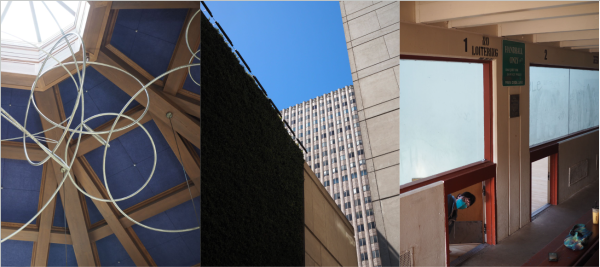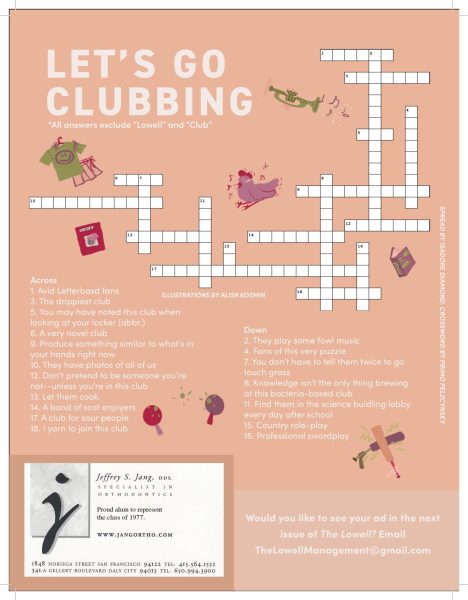Tiktok’s time is up
Open TikTok for 15 minutes, and you’ll be there for hours. Since its launch in 2016, this platform has been sinking its hooks into millions of teenagers worldwide. Then, for those who did not already fall prey to TikTok, came Instagram Reels – another distracting stream of videos. We cannot stand by as these social media companies continue to develop strategies to keep us addicted.
A bill has been proposed by California legislators to hold these companies accountable. We all need to support this proposal. Change on the front is going to take a while, so in the meantime, there are simple, concrete steps us Lowellites can take to distance ourselves from TikTok, Instagram Reels, and similar platforms.
Noting the competitive culture at Lowell, where students are often seen comparing grades, AP classes, and test scores, some may argue that these platforms provide a much needed respite from everyday stresses. Lowellites have described scrolling on TikTok and Instagram Reels to be calming and “mind-numbing.” During finals week or other anxiety-inducing periods, these platforms can provide some relief for students on the brink of emotional collapse.
Users have claimed that the algorithm is elaborate enough to read minds
But a few minutes on TikTok can turn into an abundance of lost time due to its addictive nature. After all, TikTok has a secret weapon: a highly advanced algorithm that caters to your individual interests. TikTok is designed to keep users entertained and distracted for long periods of time with a nuanced recommendation system that determines which videos are presented to an individual on their For You page. Users have claimed that the algorithm is elaborate enough to read minds; the videos that appear seem to be exactly what they want to see, with uncanny accuracy. This can be overwhelmingly detrimental to students, as this individual tailoring eliminates effective time management and work efficiency.
Witnessing TikTok’s success, Instagram was quick to follow, launching Instagram Reels in 2020 — another stream of short video clips. Having access to multiple platforms offering infinite videos featuring personal interests, teenagers are exposed to powerful distractions at the click of a button. Ensnared by both TikTok and Instagram’s advanced algorithms, students lose qualities, such as a long attention span, that are essential to being academically successful. TikTok and Instagram Reels are home to trends that come and go daily, as well as unlimited new content that creates the need to see what comes next. Because the videos are usually only a few seconds long, users decide in an instant whether they want to continue watching or scroll down to something more interesting.
These platforms also harm other aspects of our lives. As we become more accustomed to the instant gratification TikTok videos offer, time-intensive pastimes that challenge and inspire the mind, such as reading, creating art, or even sitting through an entire movie could become obsolete.
In response to this issue, California State Assembly members Jordan Cunningham and Buffy Wicks introduced Assembly Bill 2408, or the Social Media Platform Duty to Children Act, on March 15, 2022. If passed, this new bill will attack social media companies for deploying features and algorithms that addict young users. The bill would allow for social media platforms like Instagram and TikTok to be sued for endangering us all. We support holding tech companies legally accountable for their decision to put economic success over the wellbeing of millions of teenagers.
These platforms may have started out as a way to connect with friends, but they have now become a source of entertainment that takes away from what’s important
Besides supporting new legislation, there are individual steps students can take to decrease their exposure to addictive video-sharing apps. Students can start using Instagram on a browser to avoid Reels, setting alarms on their phones as a reminder to manage their time wisely, or deleting the apps altogether. As the social media industry continues to evolve, it’s time to focus on activities that preserve our attention span. These platforms may have started out as a way to connect with friends, but they have now become a source of entertainment that takes away from what’s important.
We urge Lowellites to consider the following question: Is the distraction and momentary gratification of scrolling worth the decrease in your ability to focus and put time into something you truly care about? Your lives within and beyond the classroom depend on your answer.





